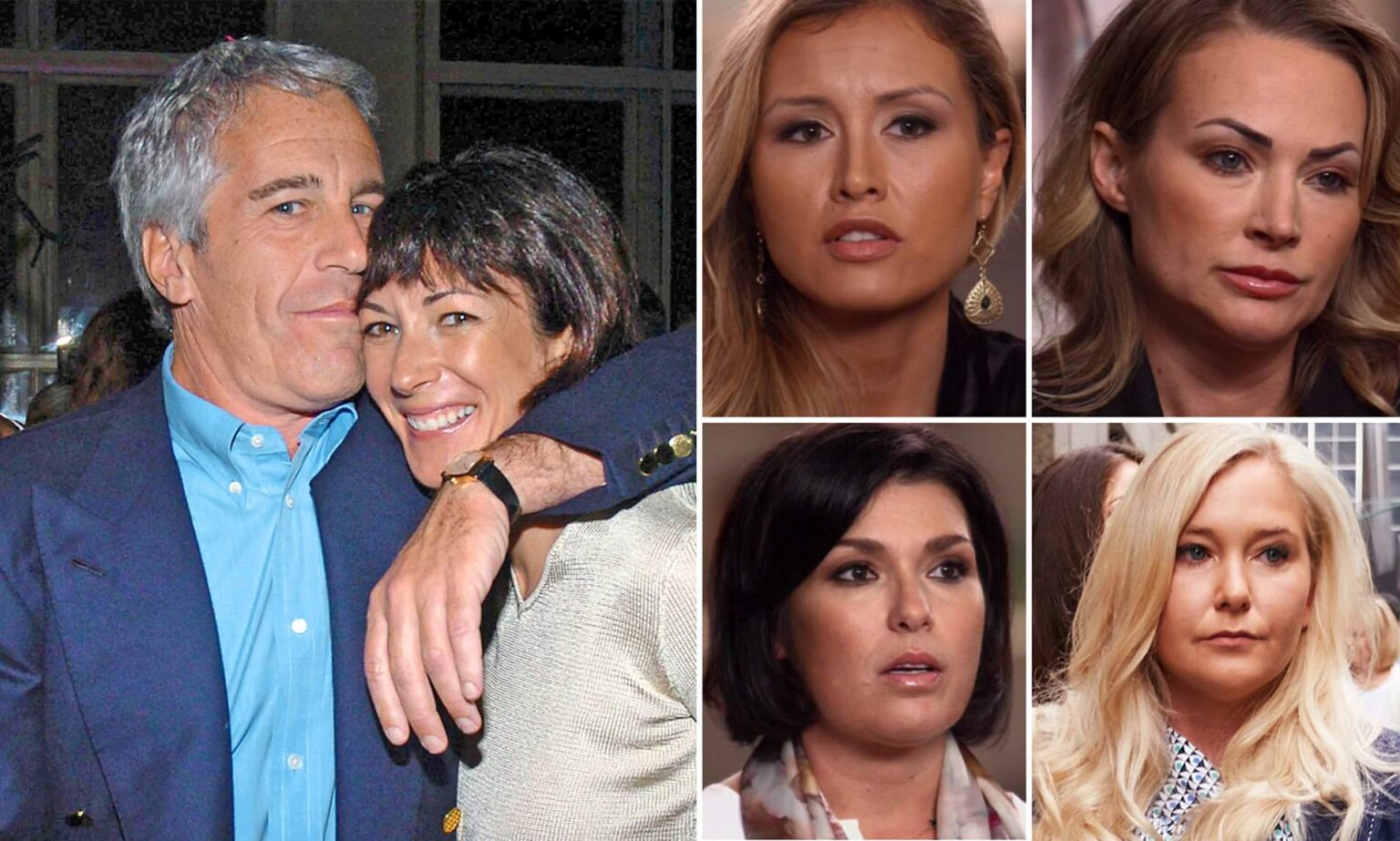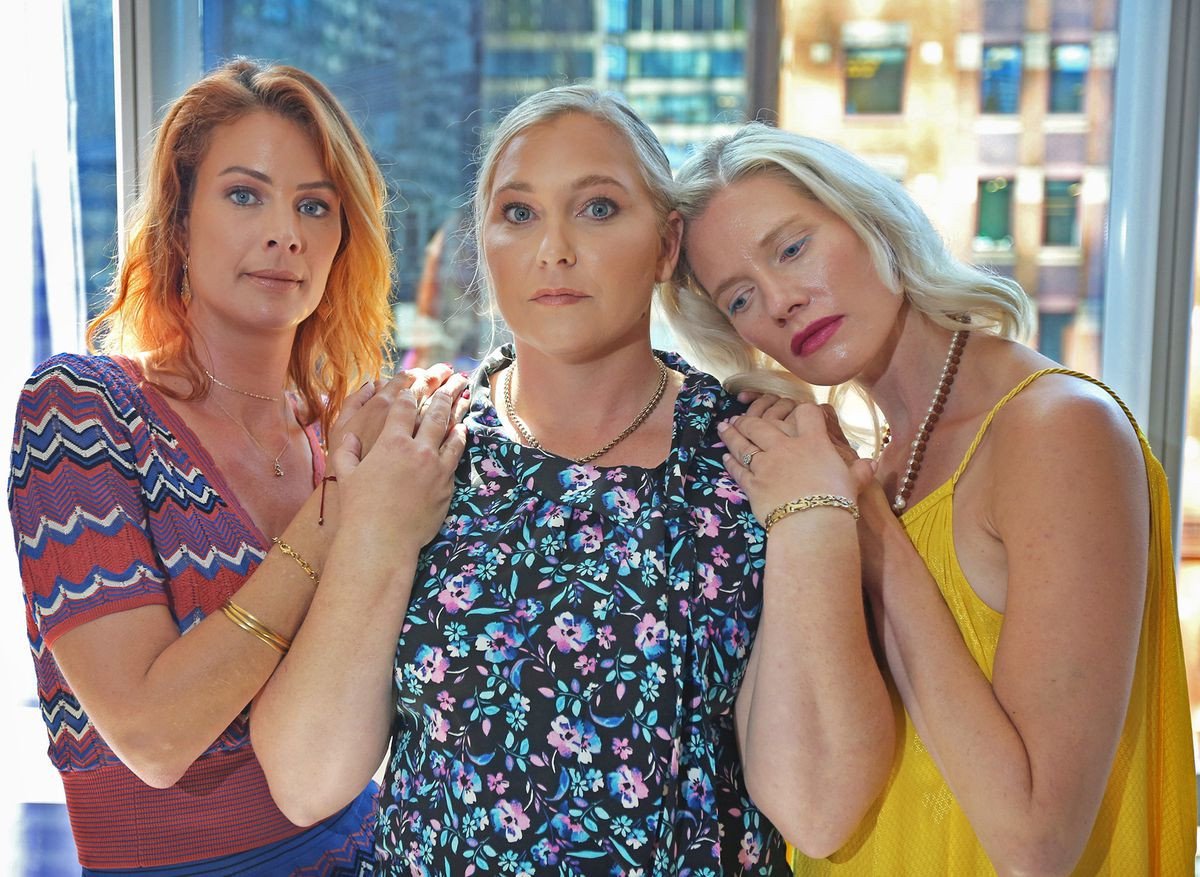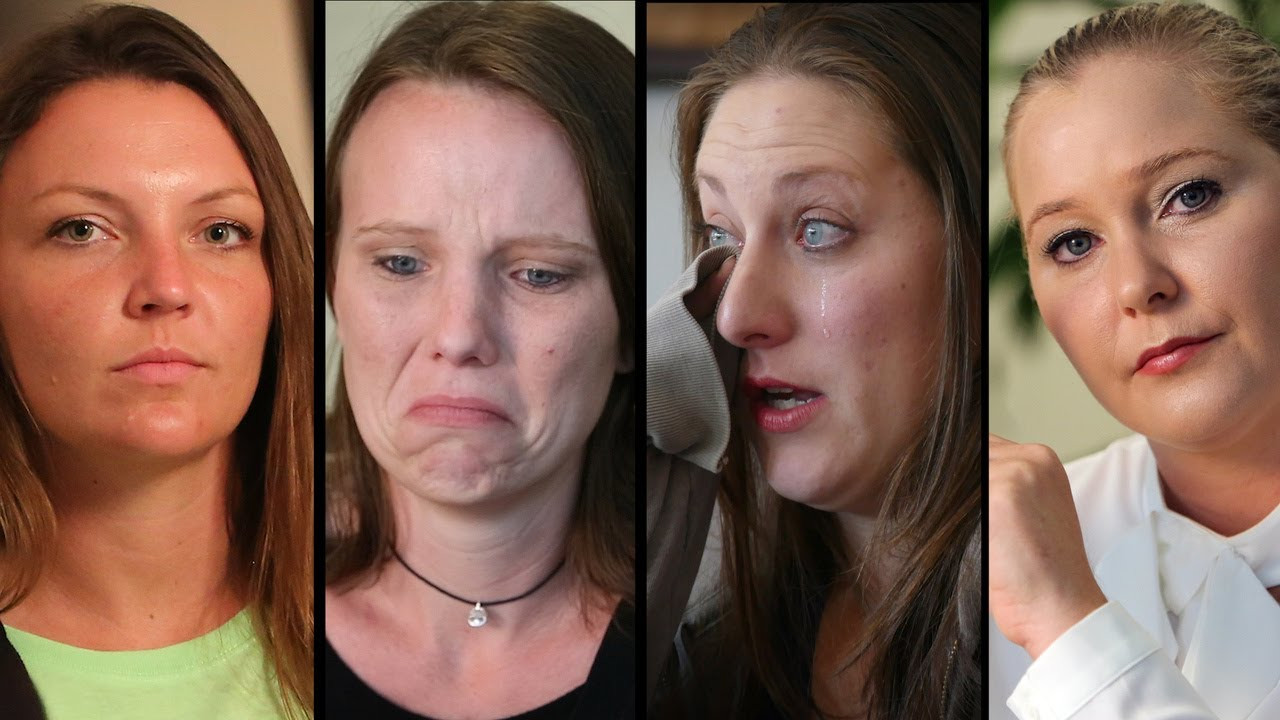
Jeffrey Epstein victims: How Ghislaine Maxwell’s arrest may affect them
In 2008, Jeffrey Epstein struck a plea deal organized between him, his lawyers, and U.S. Attorney Alex Acosta. Epstein would plead guilty to one count of soliciting prostitution and one count of soliciting a minor. IN exchange, Epstein would receive a year in jail with “work release,” another year of probation, and would register as a sex offender.
There was one problem: Florida State Police and the FBI had enough evidence to convict Jeffrey Epstein of multiple counts of sex trafficking underage girls. They could have put Epstein away for life. Without consulting the victims, Acosta struck this ridiculously lenient deal with Epstein, which he defended as the only way to secure a conviction.
Critics, including the victims & their families, saw this as a miscarriage of justice and a mockery of the U.S. penal system. Now, a panel of judges agrees with them. The 11th Circuit Court of Appeals is reopening the claim that Jeffrey Epstein’s plea deal violated the Victims’ Rights Act of 2004. Here’s what we know so far.

What is the Crime Victims’ Rights Act?
The Crime Victims’ Rights Act was a federal law passed in 2004 giving victims of crimes the right to be informed about investigations & trials. This includes being notified about possible plea deals, ensuring their voices are heard when people who did them wrong are sentenced.
Obviously, that didn’t happen in Jeffrey Epstein’s plea deal. His victims weren’t notified by Alex Acosta or anyone else about the laughably lenient parameters. In fact, officials were instructed not to communicate with victims according to the Netflix docuseries Filthy Rich: The Jeffrey Epstein Story.

The plea deal protected co-conspirators
We know Jeffrey Epstein’s plea deal granted some of his co-conspirators immunity from prosecution. While it’s not confirmed, many speculate that one of those people is Ghislaine Maxwell, Epstein’s former girlfriend and alleged “madam in chief.” Maxwell is currently awaiting trial for her role in Epstein’s sex trafficking scheme.
Alongside Ghislaine Maxwell, there were two other unnamed co-conspirators protected by Jeffrey Epstein’s plea deal. We don’t know who they are yet, but if the plea deal is unsealed, they could be named soon.
The August ruling actually named four co-conspirators that Jeffrey Epstein asked the government to protect. However, none of them were Ghislaine Maxwell. The named parties were notified by the FBI at this time.

Unsealing the plea deal
The reason the plea deal is being unsealed is that Jeffrey Epstein’s victims appealed an earlier decision upholding Epstein’s plea deal’s legality. In April, a panel ruled that because Epstein was charged by Florida and not federally, the plea deal didn’t violate the federal Crime Victims’ Rights Act.
There was a caveat: part of Jeffrey Epstein’s plea deal was only to be charged at the state level when he was originally charged federally. Most likely, this fact was considered in August’s overturning of the earlier ruling.
It’s important to remember that this doesn’t guarantee that the plea deal will be unsealed or overturned. Right now, the ruling only guarantees that the case will be revisited.

How will this affect the victims?
Despite only having a guarantee, victims are hopeful. In a statement from Courtney Wild, one of Jeffrey Epstein’s victims, she expressed optimism moving forward. “We have fought for 12 years and as I’ve said before, no matter how many obstacles pile up, we will never give up fighting for what is right.”
Courtney Wild was the victim that requested Jeffrey Epstein’s plea deal be looked into. Although she was denied in April, moving forward in August may help restore some justice that Wild and Epstein’s other victims feel they’ve been denied for years.

Will this affect Ghislaine Maxwell’s trial?
When the plea deal was revisited, a judge made it clear that Maxwell could lose any immunity she may have from Jeffrey Epstein’s plea deal. According to Miami federal prosecutor David Weinstein (no relation to Harvey Weinstein), “just because her name wasn’t mentioned doesn’t mean she wasn’t protected by the agreement.”
Therefore, any immunity from the 2008 plea deal for Ghislaine Maxwell could be gone. That could mean new charges will be added to her case, or that victims could sue Maxwell for damages. Maxwell’s trial is scheduled for 2021 with the discovery period ending in November.
It’s possible that prosecutors and the victims’ lawyers are moving quickly to unseal or free up any evidence against Ghislaine Maxwell before that date. In that case, we may know more about Ghislaine Maxwell’s role with Jeffrey Epstein over the next few months.



